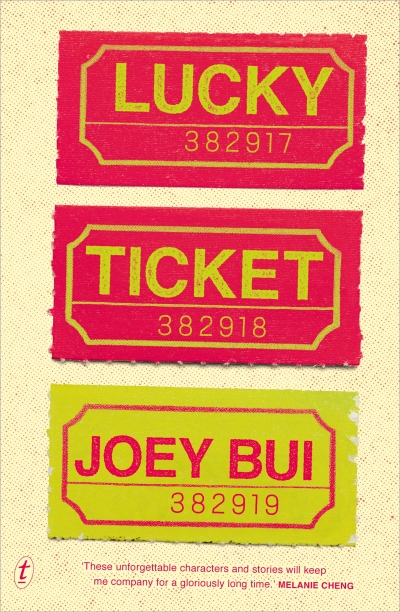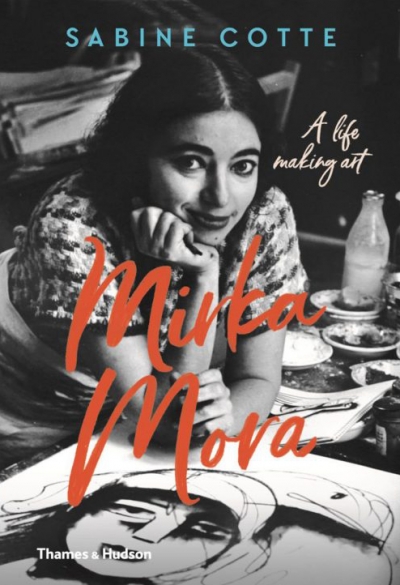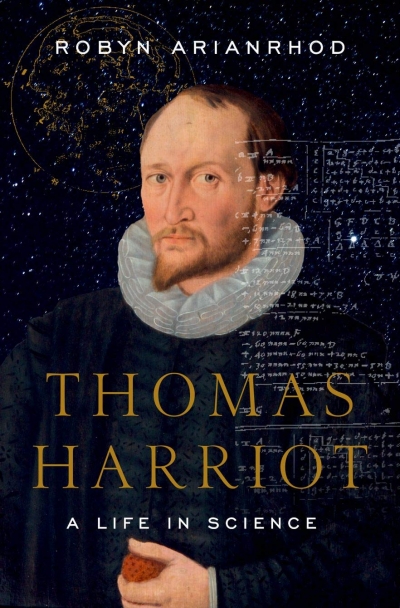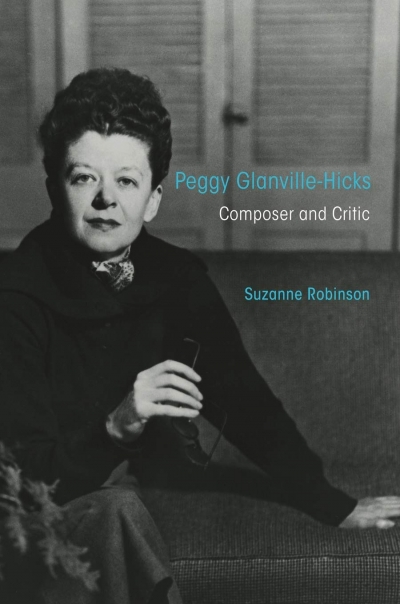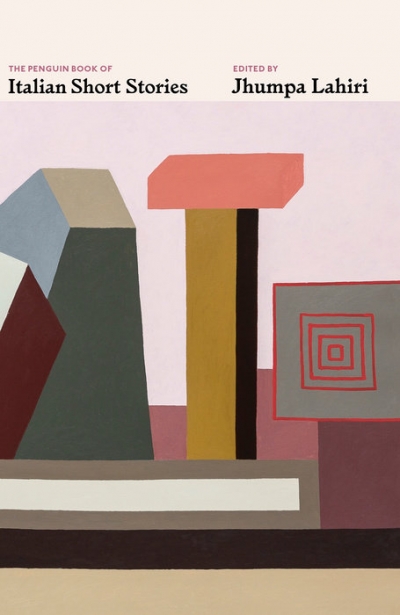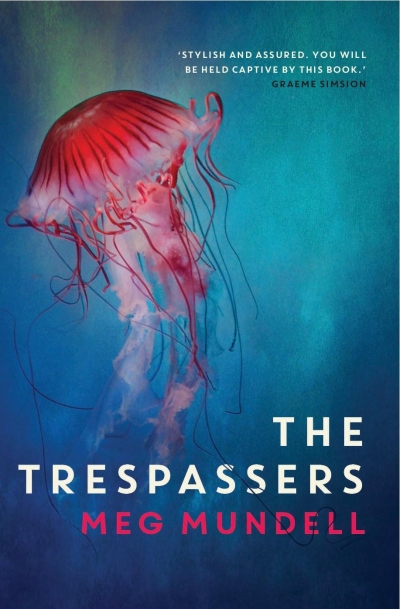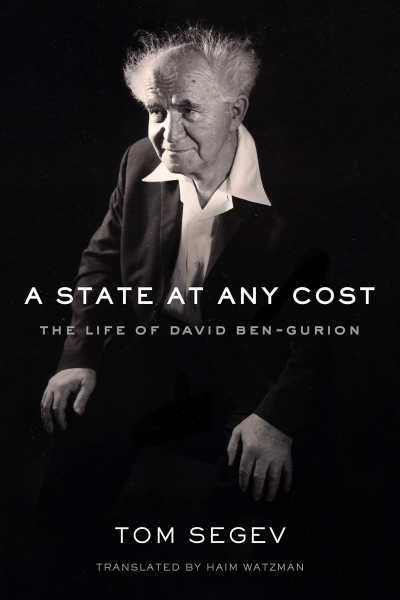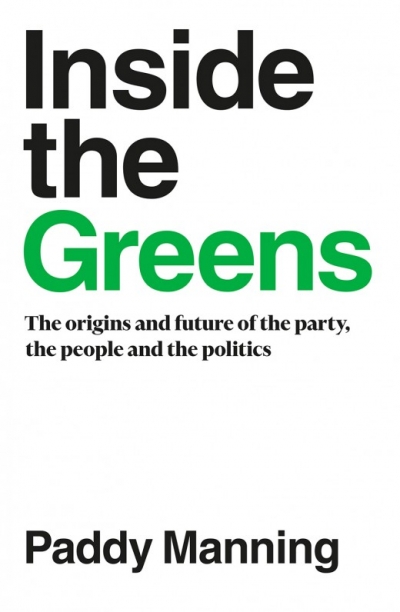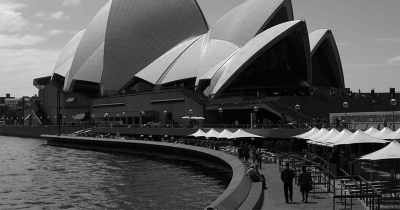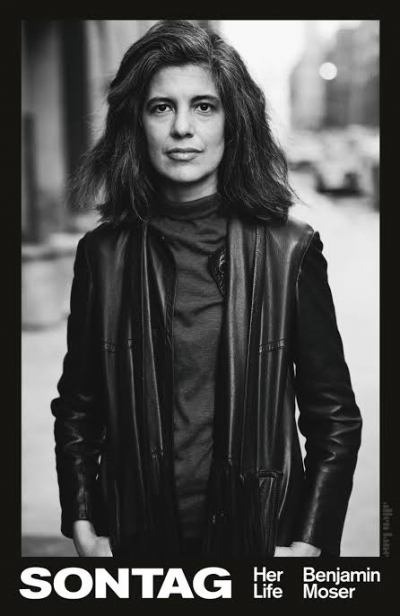VIC contributor
Peggy Glanville-Hicks: Composer and critic by Suzanne Robinson
by Jim Davidson •
The Penguin Book of Italian Short Stories edited by Jhumpa Lahiri
by Rita Wilson •
A State at Any Cost: The Life of David Ben-Gurion by Tom Segev, translated by Haim Watzman
by Ilana Snyder •
Inside the Greens: The origins and future of the party, the people and the politics by Paddy Manning
by James Walter •
The recent speech by young Swedish climate-change activist Greta Thunberg has provoked much comment and controversy. It also caused me to ponder the future of our planet and how our cultural lives will be affected by the environmental changes that will inevitably take place by the middle of the twenty-first century ...
... (read more)
